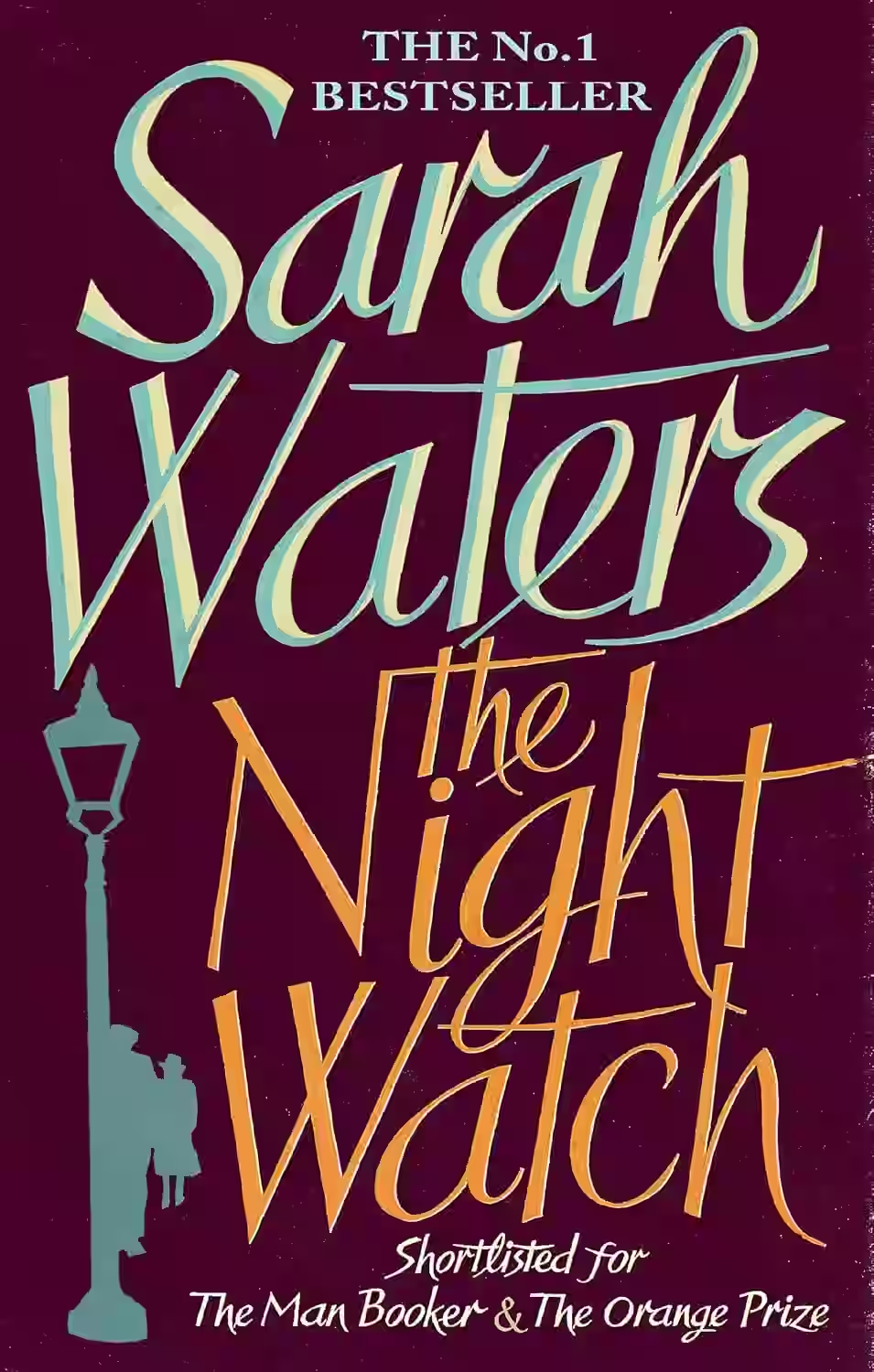
Moving back through the 1940s, through air raids, blacked out streets, illicit liaisons, sexual adventure, to end with its beginning in 1941, The Night Watch is the work of a truly brilliant and compelling storyteller. This is the story of four Londoners - three women and a young man with a past, drawn with absolute truth and intimacy. Kay, who drove an ambulance during the war and lived life at full throttle, now dresses in mannish clothes and wanders the streets with a restless hunger, searching... Helen, clever, sweet, much-loved, harbours a painful secret... Viv, glamour girl, is stubbornly, even foolishly loyal, to her soldier lover... Duncan, an apparent innocent, has had his own demons to fight during the war. Their lives, and their secrets connect in sometimes startling ways. War leads to strange alliances. Tender, tragic and beautifully poignant.
About Sarah Waters
A Welsh author renowned for her historical fiction, often featuring lesbian protagonists and exploring themes of sexuality, class, and Victorian society. Her meticulously researched novels, such as Tipping the Velvet and The Little Stranger, blend suspense, romance, and social commentary with rich period detail and compelling characters. Waters's evocative storytelling and exploration of marginalized voices have garnered her critical acclaim and a wide readership.
Other Books by Sarah Waters
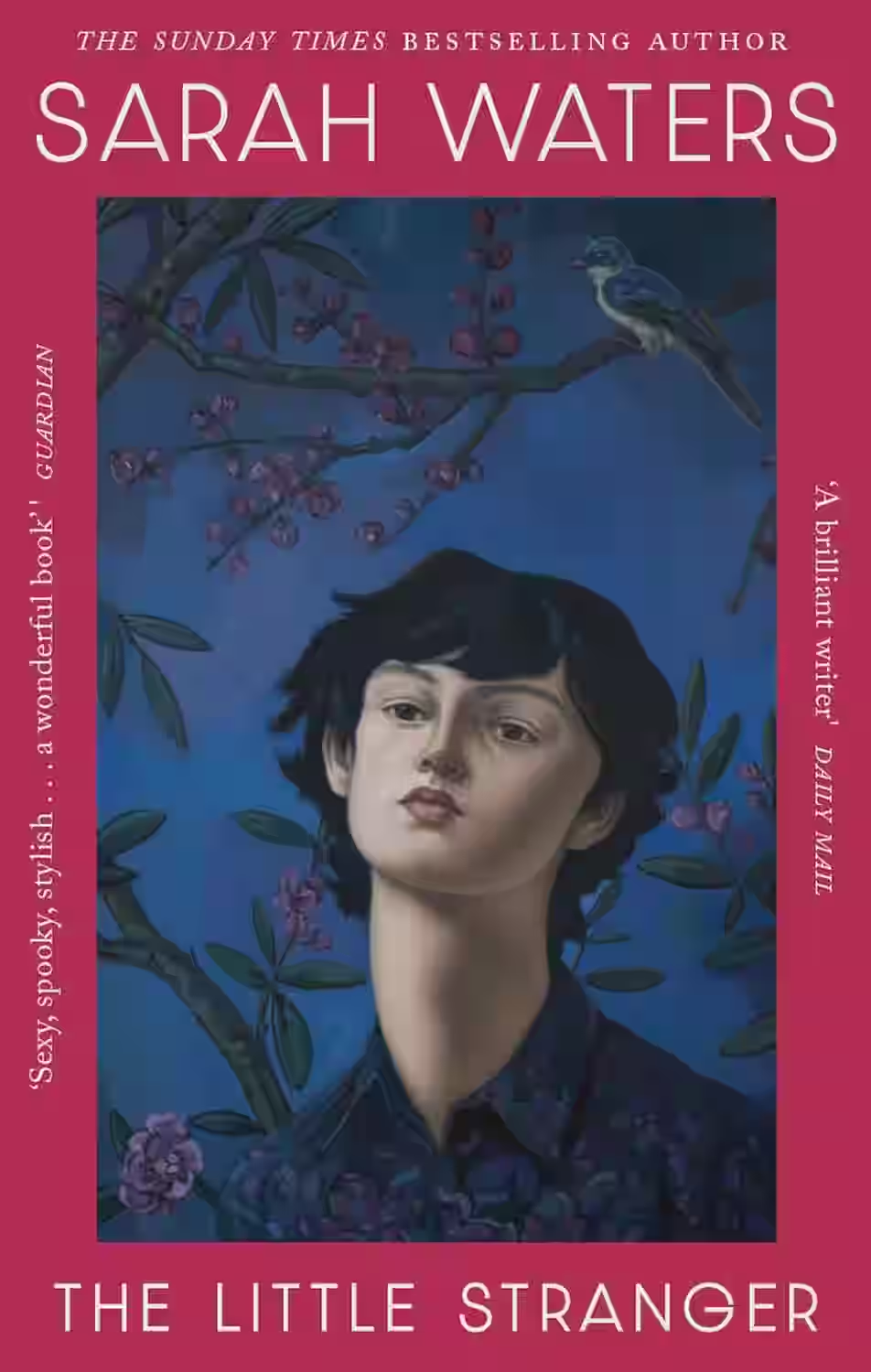
The Little Stranger
by Sarah Waters
Set in post-World War II Britain, 'The Little Stranger' by Sarah Waters is a gripping Gothic novel that intertwines elements of mystery, psychological suspense, and social commentary. The story follows Dr. Faraday, a country physician who becomes entwined with the Ayres family living in the decaying Hundreds Hall. As strange occurrences plague the once-grand estate, tensions rise, leading to a chilling climax that blurs the lines between reality and the supernatural. Waters expertly crafts a haunting atmosphere while delving into themes of class, trauma, and the decline of the British aristocracy. 'The Little Stranger' is a thought-provoking and atmospheric tale that will keep readers eagerly turning the pages.
Similar Books
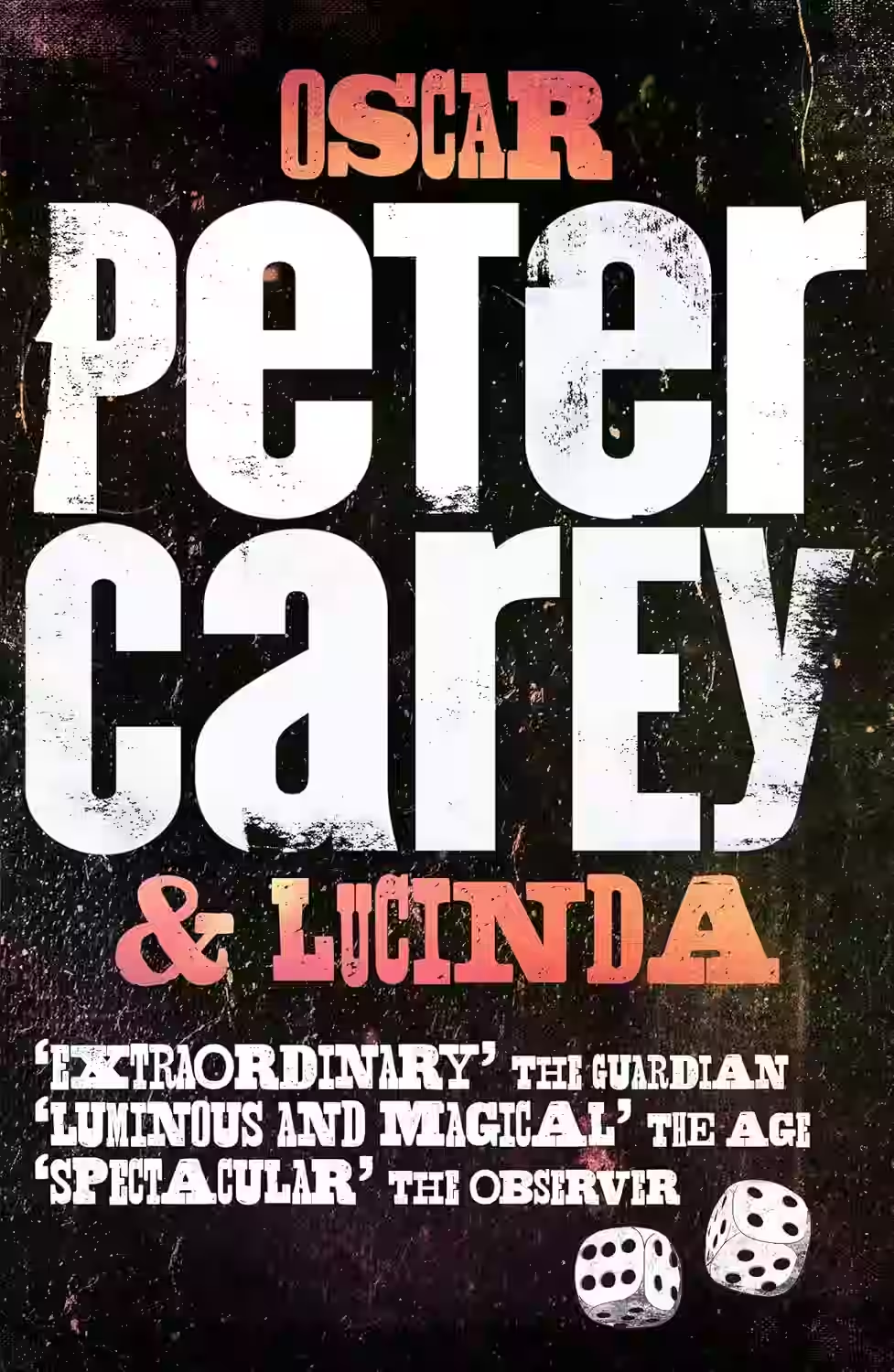
Oscar and Lucinda
by Peter Carey
Oscar and Lucinda is a whimsical and poignant novel set in 19th-century Australia, telling the unlikely love story between an eccentric Anglican clergyman obsessed with gambling and a wealthy heiress who buys and runs a glass factory. Peter Carey's imaginative storytelling explores themes of faith, chance, and the fragility of human endeavor.
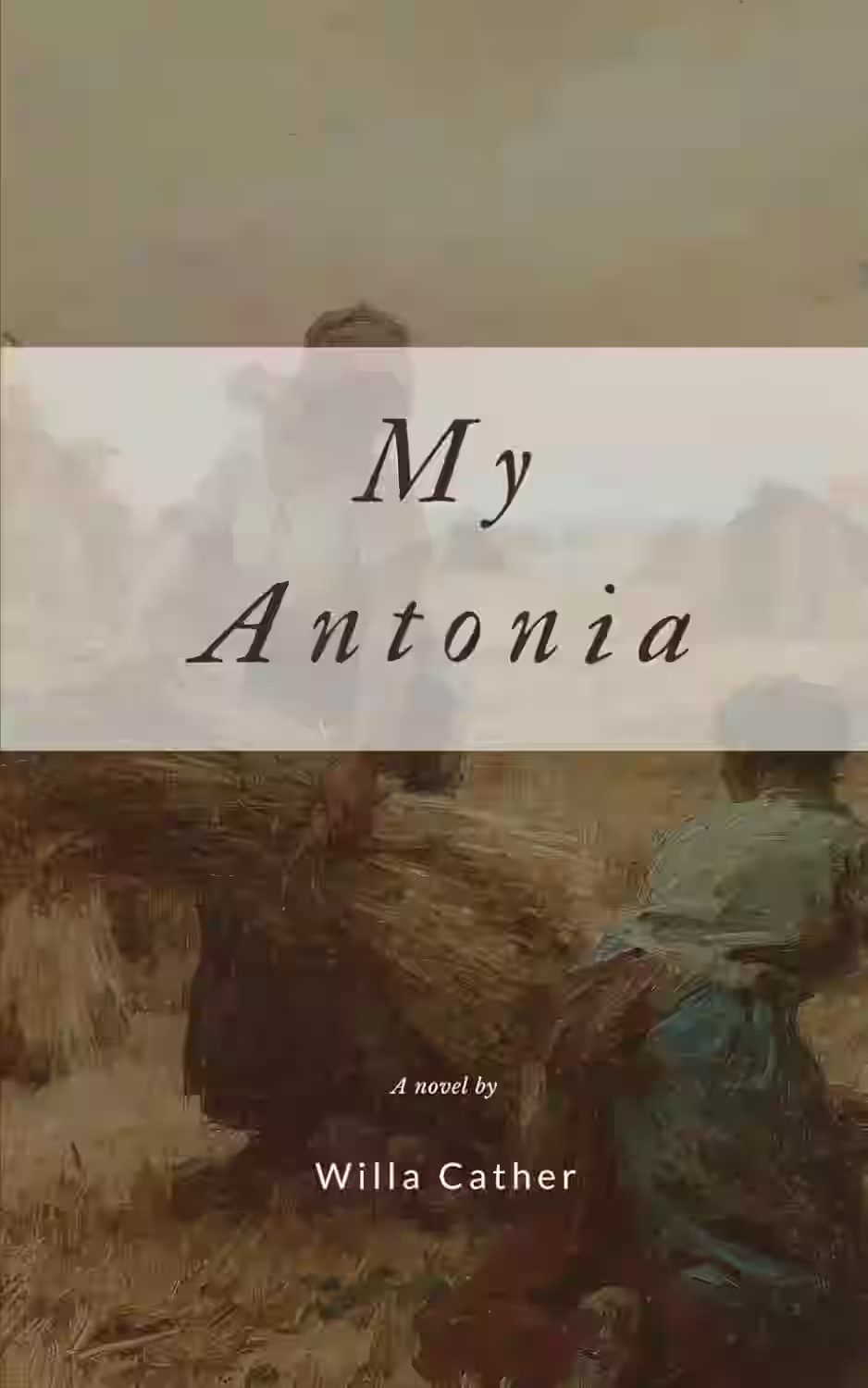
My Antonia
by Willa Cather
Told through the eyes of Jim Burden, My Ántonia recounts the life of Ántonia Shimerda, a spirited immigrant girl on the Nebraska frontier. Through vivid landscapes and deep characterizations, Cather celebrates pioneer life, hard work, and memory. The novel is a nostalgic tribute to the resilience of early settlers and the bond between people and place, filled with poetic prose and quiet power.
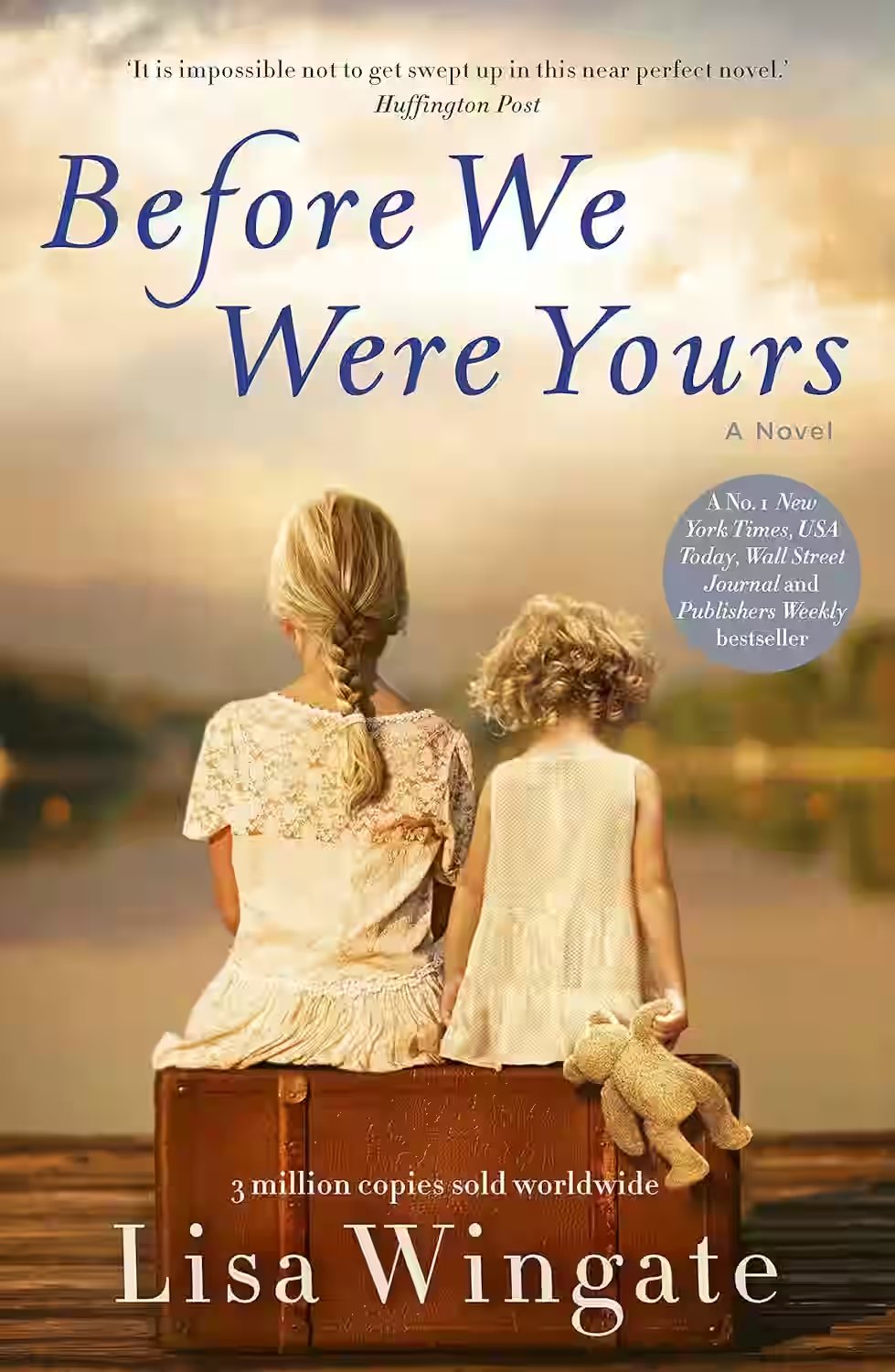
Before We Were Yours
by Lisa Wingate
Lisa Wingate's 'Before We Were Yours' is a poignant and gripping tale that delves into one of America's most heartbreaking real-life scandals. Set in two timelines, it juxtaposes the 1939 story of the Foss siblings, torn apart by an orphanage that sold poor children to wealthy families, with a modern-day investigation led by Avery Stafford, who is drawn into her family's hidden past. The novel skillfully explores themes of identity, family bonds, and the pursuit of justice. Wingate's rich character development and emotive storytelling result in a powerful narrative that captivates readers, prompting reflection on the resilience of the human spirit.
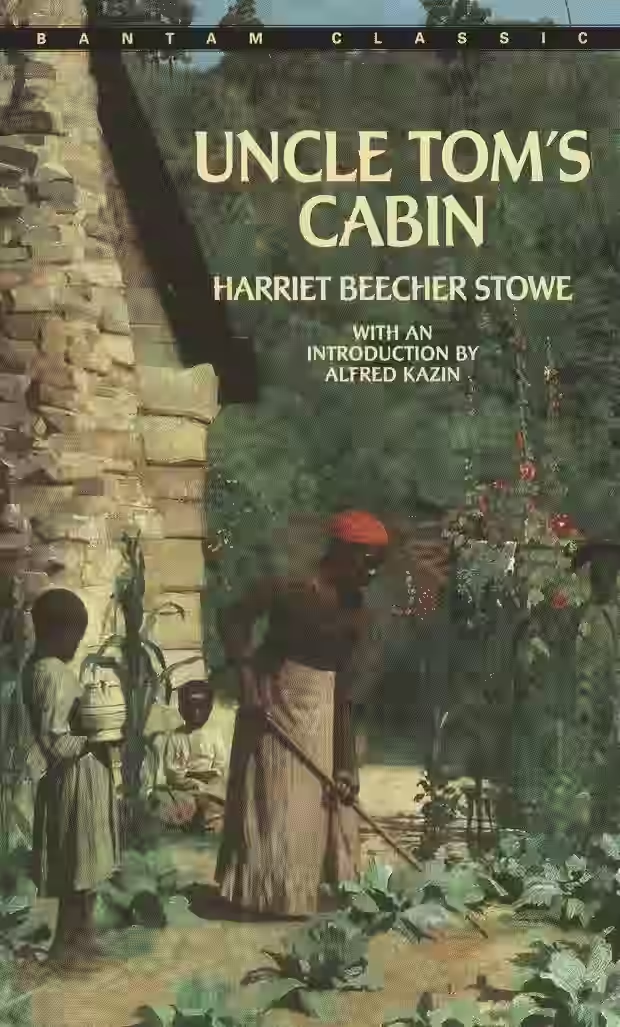
Uncle Tom’s Cabin
A landmark anti-slavery novel, Uncle Tom’s Cabin tells the story of enslaved man Tom and the brutal realities of slavery in 19th-century America. With vivid characters and emotional power, it galvanized abolitionist movements and shaped public opinion like no other book of its time. Though controversial for its portrayals today, it remains a pivotal work in American literature and history, sparking empathy and national debate.